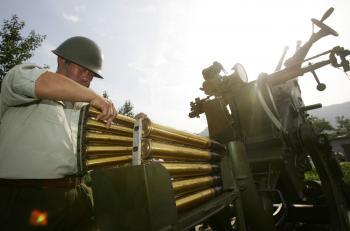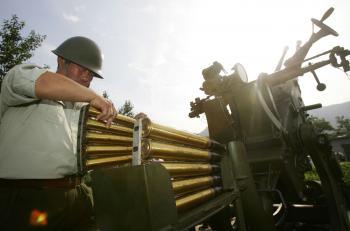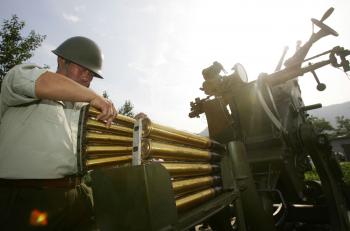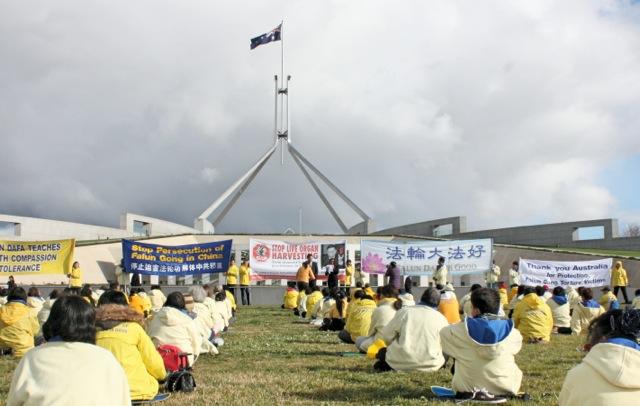The Beijing Organising Committee made sure there was no rain on their opening parade by firing 1140 rockets from 21 sites around Beijing to disperse storm clouds. The communist authorities were taking no chances with Mother nature in their mission to impress the world.
Residents in nearby Hebei Province were doused instead, receiving the maximun rainfall of over 100mm on the day before the Olympic ceremony.
Shells, rockets, aircraft and hilltop burners are used to “seed” clouds with silver iodide or other chemicals that can either disperse moisture or make it fall earlier than it otherwise would.
Chinese authorities say the weather-tampering technology has alleviated water shortages and saved
Beijing Weather Rocket Science
The Beijing Organising Committee made sure there was no rain on their opening parade by firing 1140 rockets from 21 sites around Beijing to disperse storm clouds.

About 135 staff members at 40 weather modification bases are responsible for firing cloud-seeding rockets and cannons modify weather for the Olympics. China Photos/Getty Images
|Updated:




